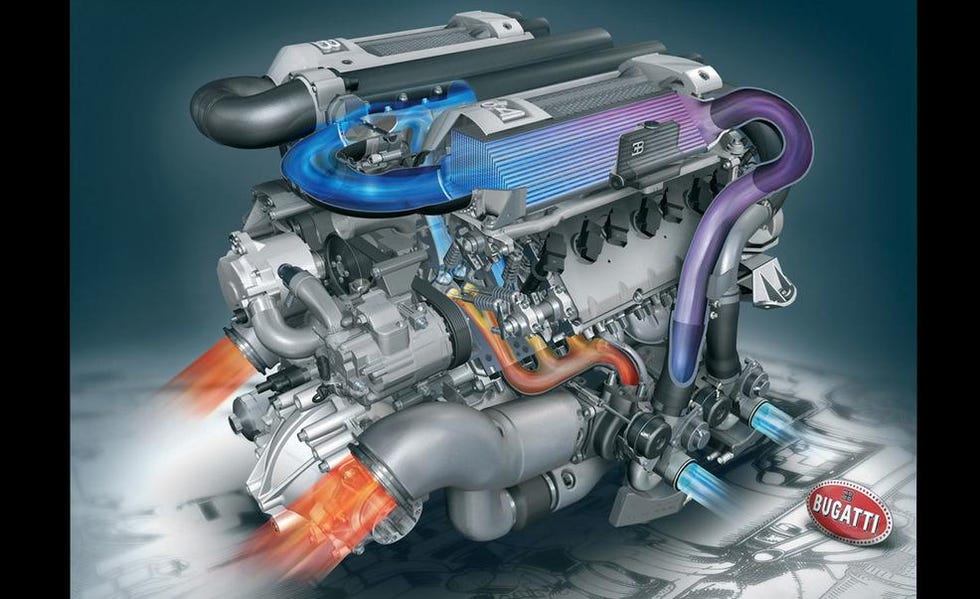A Total Guide to Choosing the Right Engine for Your Project
Selecting the suitable engine for your project is a critical decision that can considerably affect its total success. Each of these elements plays a pivotal role in guaranteeing that your chosen engine not only meets prompt goals but additionally aligns with lasting ambitions.
Specify Your Job Demands
Specifying your job needs is a crucial step in selecting the ideal engine for successful application. A detailed understanding of your project's purposes will certainly lead you in determining the functions and abilities called for from an engine. Begin by outlining the scope of your task, including the preferred performance, target audience, and the details outcomes you intend to attain.
Following, take into consideration the technical demands that line up with your job goals. This includes assessing the compatibility of the engine with existing systems, along with the programs languages and structures that will be utilized. In addition, assess the degree of scalability needed to suit future development or modifications in demand.
Spending plan constraints also play an essential function in specifying your task needs. Establish a clear monetary framework to assist your decision-making process, making sure that the engine selected fits within your spending plan while offering the essential functionality.
Evaluate Efficiency Requirements

Next, think about the scalability of the engine. Evaluate whether it can handle boosted workloads as your project expands. Engines that sustain horizontal scaling are often better for larger applications. In addition, examine the engine's performance under various problems, such as peak usage situations, to ensure it satisfies your dependability criteria.
Take Into Consideration Ease of Use
While technological specifications are crucial, the ease of usage of an engine can significantly impact the advancement procedure and total task success. An intuitive interface, clear paperwork, and streamlined process can substantially decrease the knowing curve for developers, enabling them to concentrate on imagination and analytical instead of facing complex tools.
When evaluating an engine's simplicity of usage, think about the onboarding experience. A well-structured introduction, total with tutorials and example projects, can help with a smoother shift for brand-new individuals. Additionally, the clarity and comprehensiveness of the engine's paperwork play an important function; extensive guides and API references can encourage designers to repair and apply attributes effectively.
An engine that permits for simple adjustments can be extra easy to use, as developers can tailor it to fit their certain needs without substantial trouble. Inevitably, picking an engine that prioritizes simplicity of usage can lead to an extra efficient and satisfying growth experience.
Assess Community and Support
The strength of an engine's area and support network can considerably influence a developer's experience and success. When analyzing an engine, consider the size and task level of its area.
Moreover, review the schedule of main assistance networks. Trusted documentation, receptive customer assistance, and regular updates are vital for resolving technological concerns and maintaining your task on track. Engines For Africa. Active neighborhoods additionally cultivate partnership, supplying chances for networking and comments, which can be vital, particularly for independent programmers or little teams
Additionally, check out the presence of community-run occasions, such as hackathons or meetups. These celebrations can enhance your understanding of the engine while linking you with skilled individuals and possible collaborators. In summary, a durable area and assistance system not only improve growth however likewise produce an environment for finding out and innovation, eventually enhancing the likelihood of your job's success.
Compare Price and Licensing Options
Budget considerations play a critical function in selecting the appropriate engine for your project, as the cost and licensing choices can dramatically influence both short-term costs and lasting stability. Engines For Africa. Different engines offer varying rates frameworks, which can consist of one-time acquisition charges, registration versions, or revenue-sharing agreements based news on your project's incomes

Certifying choices likewise differ dramatically. Some engines are open-source, using adaptability and community-driven assistance, while others might need proprietary licenses that limit usage and circulation. Comprehending the ramifications of each licensing model is essential, as it affects ownership civil liberties, future scalability, and potential lawful commitments.
Verdict
In verdict, picking the proper engine for a project requires an extensive examination of defined job demands, performance demands, convenience of use, community assistance, and cost considerations. By methodically attending to these critical aspects, decision-makers can make certain positioning with both future and current project demands. A knowledgeable selection ultimately enhances the probability of task success, enabling effective resource allotment and making best use of potential outcomes within the specified monetary restrictions.
Picking the proper engine for your project is a vital decision that can substantially influence its total success.Specifying your task requires is a critical action in picking the ideal engine for successful implementation. A comprehensive understanding of your task's goals will guide you in determining the attributes and capacities called for from an engine.When you have a clear understanding of your job requires, the next Bonuses action is to review the efficiency requirements of the engine.In final thought, selecting the appropriate engine for a task requires a detailed assessment of defined job requirements, performance needs, simplicity of use, community assistance, and expense considerations.